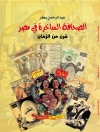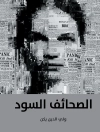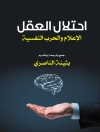How the digital revolution has shaped our language
In the age of search, keywords increasingly organize research, teaching, and even thought itself. Inspired by Raymond Williams’s 1976 classic Keywords, the timely collection Digital Keywords gathers pointed, provocative short essays on more than two dozen keywords by leading and rising digital media scholars from the areas of anthropology, digital humanities, history, political science, philosophy, religious studies, rhetoric, science and technology studies, and sociology. Digital Keywords examines and critiques the rich lexicon animating the emerging field of digital studies.
This collection broadens our understanding of how we talk about the modern world, particularly of the vocabulary at work in information technologies. Contributors scrutinize each keyword independently: for example, the recent pairing of digital and analog is separated, while classic terms such as community, culture, event, memory, and democracy are treated in light of their historical and intellectual importance. Metaphors of the cloud in cloud computing and the mirror in data mirroring combine with recent and radical uses of terms such as information, sharing, gaming, algorithm, and internet to reveal previously hidden insights into contemporary life. Bookended by a critical introduction and a list of over two hundred other digital keywords, these essays provide concise, compelling arguments about our current mediated condition.
Digital Keywords delves into what language does in today’s information revolution and why it matters.
Sobre o autor
Benjamin Peters is assistant professor of communication at the University of Tulsa and affiliated faculty at the Information Society Project at Yale Law School.












